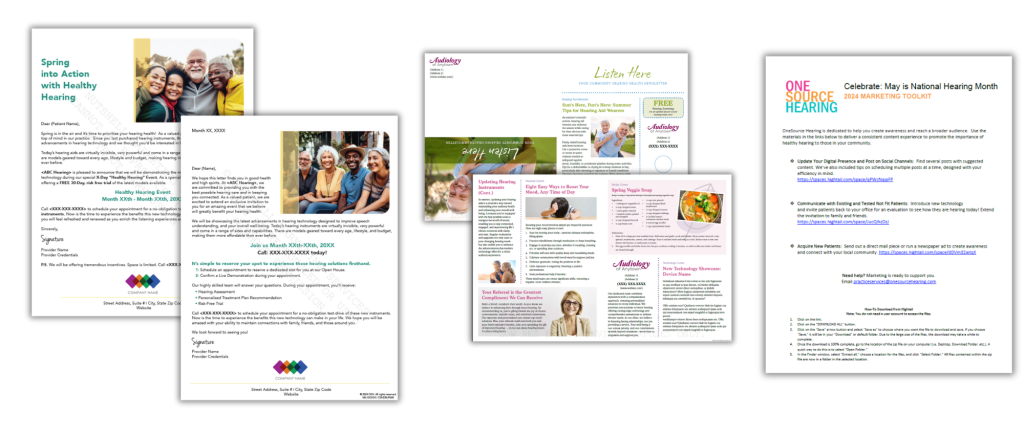Hearing aids are medical devices. However, state and federal regulations have struggled to balance the need to protect consumers from dangerous devices while encouraging easy access to affordable devices that are necessary for many Americans. Hearing aids and hearing aid dispensers are regulated by the U.S. Food and Drug Administration (or FDA), the U.S. Federal Trade Commission (or FTC), the U.S. Federal Communications Commission (or FCC), and the state hearing aid dispenser boards. Here are four ways the government regulates hearing aids:
Medical Device Regulations
As medical devices, hearing aids fall under the FDA’s jurisdiction. The FDA classifies medical devices into three classes. Class I medical devices are the least regulated because they are associated with the lowest risk. Class II and class III medical devices are regulated more heavily because they are associated with greater risk. For example, air conduction hearing aids fall into class I, while bone conduction hearing aids fall into class II and cochlear implants fall into class III. All hearing aids are required to comply with the FDA’s labeling requirements and manufacturers must register their manufacturing facilities with the FDA and provide the FDA with a complete product list. However, class I and class II hearing aid devices are exempt from the most burdensome requirement of the FDA – premarket approval – which requires that a device must be approved by the FDA before it is sold or distributed. In fact, class I and class II hearing aid devices are also exempt from the less burdensome requirement of premarket notification which requires a manufacturer to notify the FDA before selling or distributing a device. Thus, hearing aid manufacturers are allowed to market new class I and class II hearing aid devices without FDA notification or approval.
Over the Counter Hearing Aids
In 2017, Congress authorized the FDA to create a class of over the counter (or OTC) hearing aids to widen the public’s access to hearing aid devices. Under this authorization, the FDA has until 2020 to create regulations to cover the output limits, labeling requirements, and warnings associated with OTC hearing aid devices that the customer will be able to purchase directly, without consulting an audiologist or hearing aid dispenser. When OTC hearing aids reach the market, marketing support from a hearing health care consultation company may assist in supplying this new market.
The FTC and FCC
Like all products, hearing aids must comply with the FTC’s rules on deceptive advertising and warranty disclosures. Marketing must not be deceptive about the properties of the hearing aids. A hearing health care consultation company can assist in the marketing of hearing aids so the marketing messages are accurate and complete. Hearing healthcare practice support companies can also assist in front office training in answering sales and warranty questions. These can often be handled as remote consultations or on-site consultations.
Additionally, the FCC regulates hearing aids in two respects. First, the FCC regulates hearing aids that emit radio signals the way it regulates all radio emitting devices like remote control cars and cell phones. The FCC’s aim in regulating radio emitting devices is to reduce the likelihood of interference and protect the public from dangerous radio emission levels. Second, the FCC regulates the compatibility of telephone devices with hearing aids. These regulations apply to both wireline telephones and wireless telephones, including cell phones. These regulations set the percentage of product models that must be hearing aid compatible (or HAC) and how those models are marketed. HAC cell phones must create a sufficient magnetic field to couple with the hearing aid telecoil to provide a sound signal directly to the hearing aid.
Hearing Aid Dispensers
All 50 states have regulations covering the licensing of hearing aid dispensers. While the FDA has some regulations covering the disclosures that hearing aid dispensers must give when providing hearing aids, the actual licensing of hearing aid dispensers is left to the individual states. Most states have educational and testing requirements to become a hearing aid dispenser.
Government regulations cover the marketing and sale of hearing aids. A hearing health care consultation company can provide experience and assistance in marketing hearing aids in an accurate way. Moreover, a hearing health care consultation company can assist in the training of employees in answering sales and warranty questions correctly.



